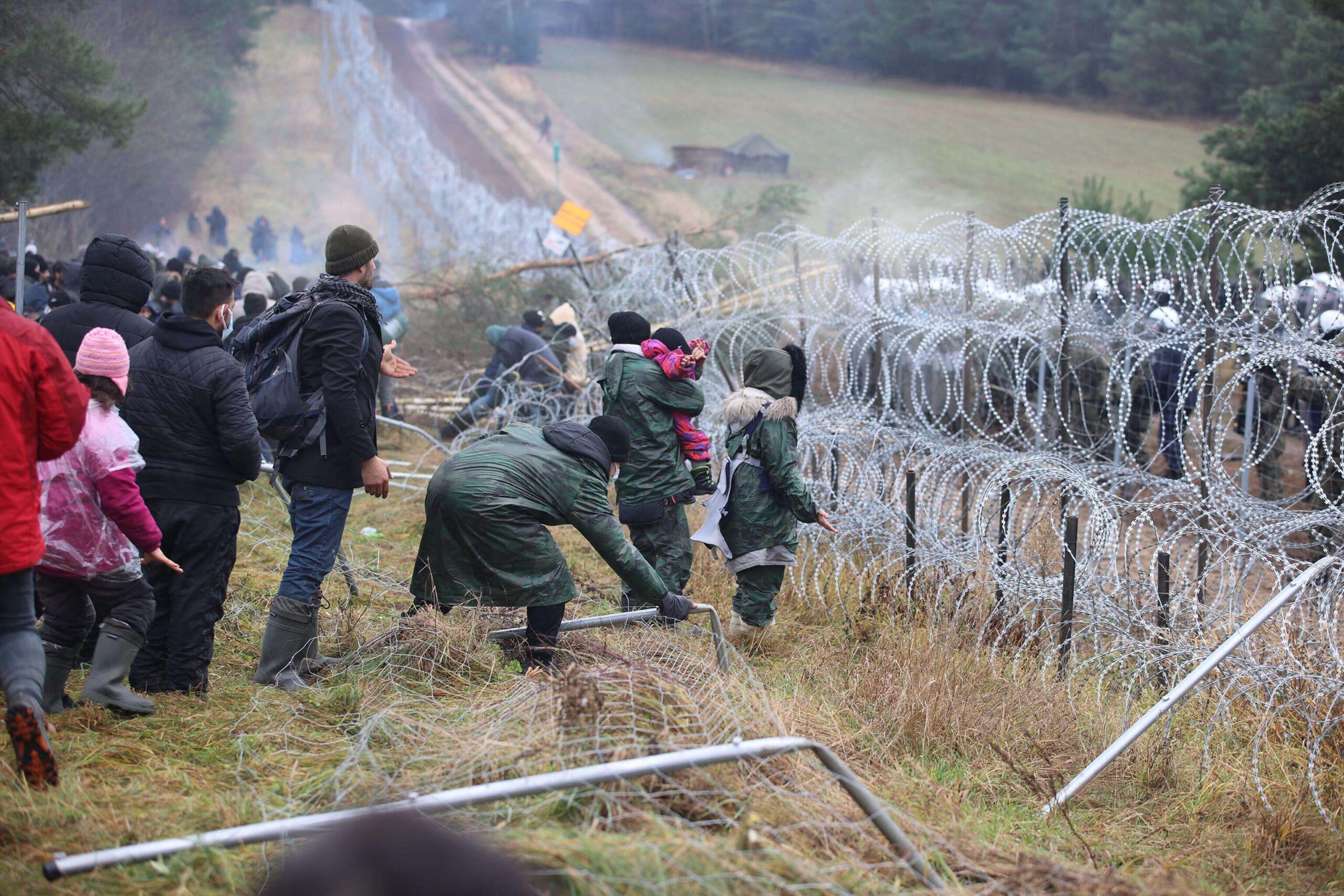
Alert: Americans Told to Leave Belarus ASAP – Here’s Why
U.S. Issues Urgent Advisory for Americans to Depart Belarus Amidst Rising Security Concerns
The United States has issued a compelling call for American citizens present in Belarus to swiftly depart the country, citing an escalating spillover risk due to the ongoing conflict in Ukraine. The advisory underscores the presence of a heightened concentration of Russian military forces within Belarus, a situation linked to Russia’s involvement in the unprovoked assault on Ukraine.
Released by the U.S. Embassy situated in Minsk, the capital of Belarus, the advisory on Monday strongly advises against travel to Belarus due to its active facilitation of Russia’s aggression towards Ukraine, arbitrary enforcement of local laws, and the associated dangers of detention and civil unrest. Adding to the urgency, the embassy highlights the recent closure of two border crossings by Lithuania, potentially limiting exit routes from Belarus. The advisory suggests that other EU members, including Lithuania, Poland, and Latvia, are contemplating further border crossing closures.
Americans in Belarus are urged to depart immediately, the embassy states, suggesting viable options such as the remaining border crossings to Lithuania or Latvia, or air travel. Notably, it is mentioned that land travel from Belarus to Poland is not viable for U.S. citizens. However, options for direct or connecting flights from Minsk to the United States are limited, with flights to London carrying exorbitant price tags, and certain routes passing through Russia, despite the U.S. government’s caution against travel to or through Russia due to the risk of arbitrary arrests. Similarly, travel advisories against Ukraine travel persist, given the limited transportation options.
The advisory underscores that American travelers should not rely solely on U.S. government assistance, as the embassy has limited capacity to aid Americans in or traveling to Belarus.
Geopolitically, Belarus finds itself aligned with Russia during the Ukrainian conflict. Russia’s deployment of nuclear weapons within Belarus and the relocation of fighters affiliated with the Wagner Group to the country accentuate this alignment. Polish President Andrzej Duda recently voiced concerns that Russia’s placement of tactical nuclear weapons in Belarus could significantly alter the security dynamics in the region.
Situated in close proximity to NATO members like Poland, Lithuania, and Latvia, Belarus’s geographical position holds strategic significance. While it shares borders with Russia and Ukraine, it raises apprehensions as a potential staging ground for Russia’s incursions into Ukraine. This situation has also sparked worries about the vulnerability of the Suwalki Gap, the narrow passage between Poland and Lithuania, and its susceptibility to Russian interference.
Ian Brzezinski, a former U.S. defense official and now a senior fellow at the Atlantic Council, emphasized the importance of NATO conducting exercises at the Suwalki Gap to test operational readiness and demonstrate resolve in light of these regional concerns.
